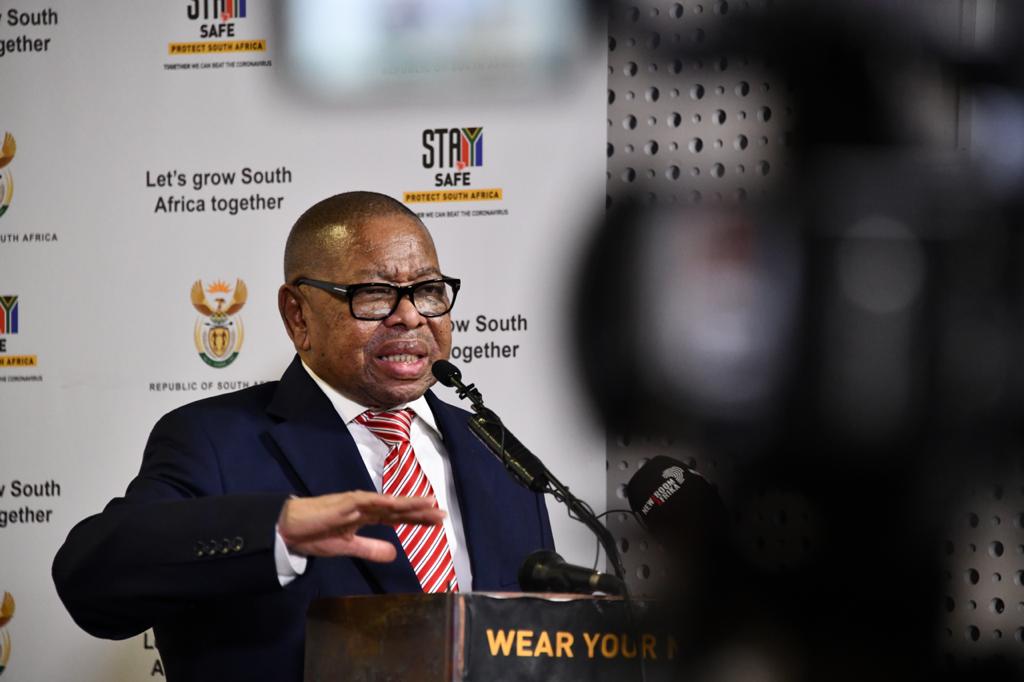Johnathan Paoli
THE Portfolio Committee on Higher Education, Science and Innovation kicked off with chairperson Nompendulo Mkhatshwa, announcing the absence of officials from both the Department of Higher Education as well as NSFAS, saying that she had received three forms of communication requesting postponement in order to brief the committee on a more comprehensive plan in mid-October.
The committee was expected to hear submission on a turn-around strategy or plan to resolve the problems related to the new direct-payment system; delays in resolving student appeals and accreditation of student accommodation; plans to improve the information and communication technology (ICT) systems and plans to achieve day-zero of outstanding appeals and query resolution matters.
In addition, the committee was expected to hear from the service providers contracted by NSFAS, namely Tenet Technology, eZaga, Noracco Corporation and Coinvest Africa on their background and profile, contract with NSFAS, disbursement of allowances to students, challenges experienced and plans in place to address them.
DA MP Karabo Lerato Khakhau, expressed her concern over NSFAS’ and the department’s failure to appear before the committee, and said this undermined the important role of the committee and an illustration that the deliberations of this committee were not taken seriously.
“We are not a spaza shop, we as a committee do not run things happy go lucky, without the members taking their work seriously. This letter for me indicates that NSFAS does not know how to fix the mess they are in,” Khakhau said.
EFF MP Naledi Chirwa criticised the absence of the NSFAS representatives and the Minister as merely the recent step in a long line of disrespect both have shown to the committee, to parliament and to South African youth that are so dependent upon the deliberations and decisions undertaken on these platforms.
Following a committee meeting held earlier this month, the committee gave NSFAS a two-week deadline to present a plan for how it will resolve the issues raised in the meeting.
Earlier this month, NSFAS briefed the committee on its disbursement of allowances to students, the roll-out of its new direct-payment system, and its query system.
The student financial scheme has been facing criticism for its ongoing inadequacies, nonpayment and allegations of corruption.
Last month, NSFAS announced that its CEO, Andile Nongogo, had taken “a leave of absence” while the board investigated allegations against him related to his conduct in awarding bids at NSFAS.
According to the Organisation Undoing Tax Abuse (OUTA), NSFAS hired businesses without banking license registrations to handle direct payment to students, and these businesses charged much higher rates than commercial banks.
Last month, NSFAS acting CEO Masile Ramorwesi said that the fund had received 2.1-million applications from first-time and recurring applicants. Of these 24% were rejected; 2.4% withdrawn; 62% accepted; and 11.6% pending, largely due to missing information from students, third parties, or institutions.
The acting CEO said 45 927 students were disqualified for submitting falsified or fraudulent documents and confirmed that after NSFAS re-evaluated the applications, 14 703 applications were reinstated, while 31 224 remained disqualified.
Ramorwesi had previously said that NSFAS plans to resolve all internal appeals by 30 September and resolve appeals that are dependent on the student or institution by 30 October.
Following today, both NSFAS as well as the Department of Higher Education will have another opportunity scheduled to appear before the committee to present updates as well as the comprehensive plan that is seeking to engage the crisis underway.
INSIDE EDUCATION



